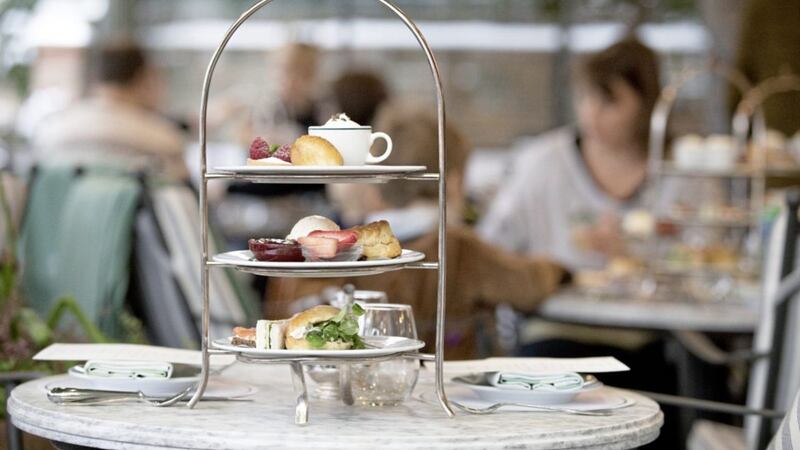THE 1998 article ‘The Experience Economy’ by B. Joseph Pine II and James H. Gilmore, predicted the onset of a new economy in which memorable experience would add a significant value to the commercial offer. They weren’t wrong.
Businesses all over the globe have since been striving to create experiences for customers that are enjoyable, repeatable, and therefore, profitable. In turn, customers have learned to expect as much, disappointed when an offer falls short. All too willing to revoke brand loyalty to move on to the next great experience.
Yet despite these changes, at least in comparison to other cities, many businesses in Belfast still focus on product over experience. Consider the afternoon tea, an offer that’s grown considerably over the past few years in this city. In itself, it is physical evidence that people are seeking to invest in special memories. It also verifies that businesses don’t always understand what their real offer is.
Strip away the experience and you're left with the tea, sandwiches, scones or tray-bakes, which good enough, is unlikely to yield treasured memories. Yet, it is memories which are at the heart of the afternoon tea, and that changes the offer considerably.
Today there is a spectrum of customers, amongst which are millennials; individuals who haven’t grown up in an era in which raw ingredients had value. They haven’t had first hand experience of the goods economy either where product had value. Their demands are different to their parents or grand-parents and their expectations are significantly different. FOMO is the factor often driving demand. The Fear of Missing Out.
Yet even as I type these words the economy is heading towards the latest divergence, the transition economy. Welcome to an era in which the search for meaning for customers will be key, a time when it won’t be enough for customers to be passive recipients to an experience.
Instead, they will seek to proactively shape their experience, looking to businesses to create the necessary platforms for them to do so. Experiences sought will be those that have to have the ability to transform and enable self-actualisation. Which would seem like a lot to get your head around if the idea of an experience economy hasn't yet taken root.
New survival basics will mean businesses need to start attuning themselves to the customer mindset. They will need to strive to understand what their customers are seeking, and being open to find that a café is not always about the coffee. Accepting that product may factor surprisingly less in the perceived offer than they might imagine.
As a service designer, I look at all the elements of a service that make up the complete experience. I set about understanding not just the visible, tangible elements like the coffee in a café, but the intangibles. I look at the overall customers experience and journey to understand the value added for the customer.
So, first things first, businesses need to ask themselves: what are they offering or problem are they solving for their customer? And from whose perspective, theirs or the customer? They will need to put themselves in their customers shoes (literally by taking their steps) and starting there.
:: Elizabeth Meehan (info@coffeenosugar.co.uk) trained as a service designer in Milan and has a PhD in Sociology from Queen’s University. She strives to educate businesses about the changing economy and the challenges this brings.







